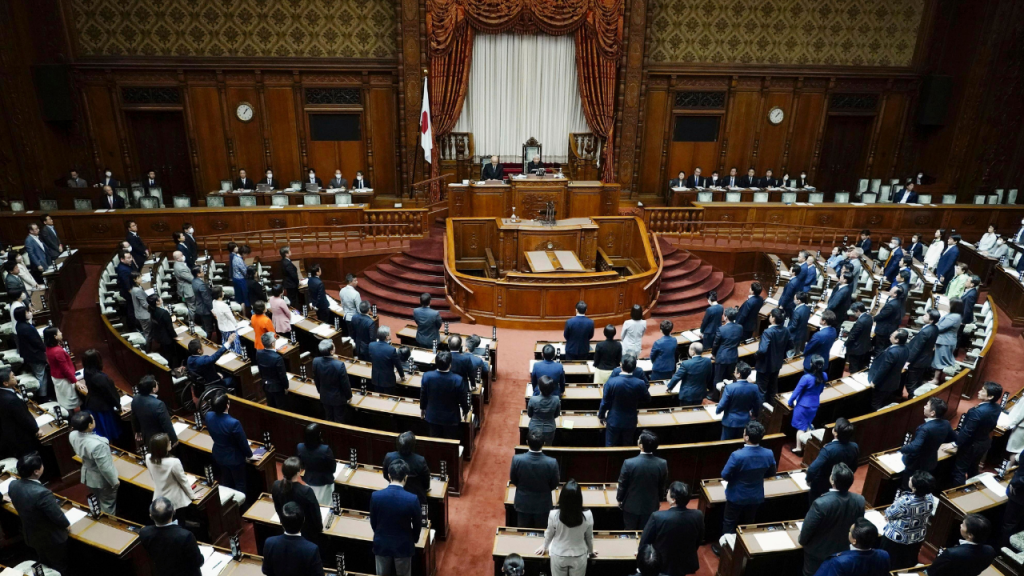Japan’s parliament has passed a revision to the civil code allowing divorced parents the option of joint child custody, the first change to custody rights in decades and set to take effect by 2026. Under the current law, child custody is typically granted to only one divorced parent, usually the mother. This update brings Japan in line with many other countries, allowing divorced parents to choose either dual or single custody while requiring cooperation in ensuring the children’s rights and well-being.
The change in custody laws comes as divorces are increasing in Japan and more divorced fathers are seeking to stay involved in their children’s lives. There have been high-profile allegations by divorced foreign fathers of child abductions by former partners, which helped prompt this update. The new legislation also requires the sharing of child-rearing costs by the non-custodial parent, a change from the current system where many divorced mothers do not receive financial support from their former husbands.
In cases where domestic violence or abuse is suspected, the other parent will have sole custody under the revision. Supporters of joint custody argue that it allows both parents to play a role in child-rearing, while opponents, including rights groups and victims of domestic violence, have expressed concerns that the new system could make it harder for parents to sever ties with abusive spouses and may not provide a real say in custody decisions. To address these concerns, modifications were made during parliamentary debate to ensure that custody decisions are not one-sided.
Under the revision, divorced parents who choose joint custody must reach a consensus on important issues such as education and long-term medical treatment for their children. If an agreement cannot be reached, they will need to seek a family court decision. Either parent can also make daily decisions regarding their children’s activities, meals, and emergency treatment. The legislation will be reviewed five years after it takes effect to assess its impact and make any necessary adjustments.













